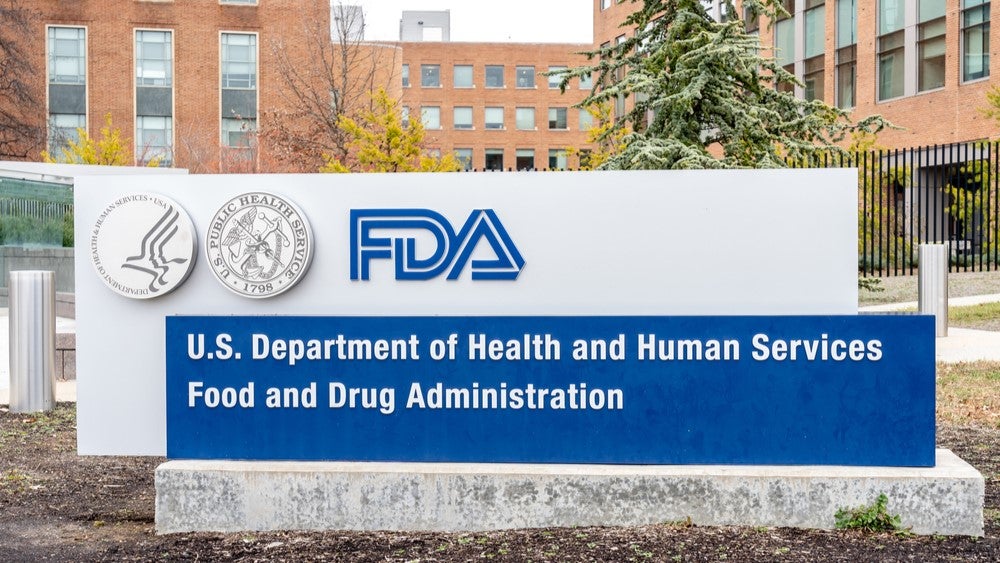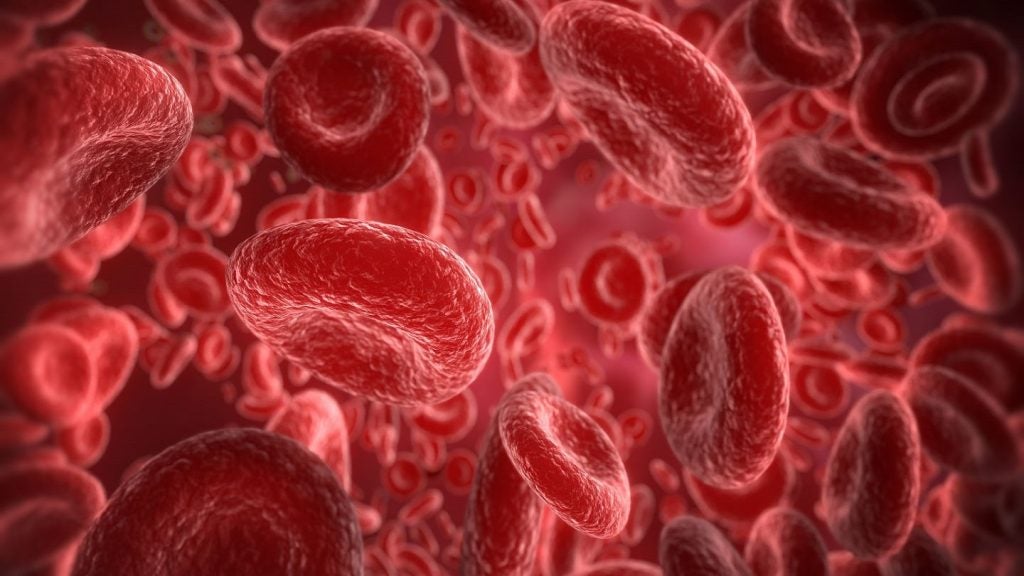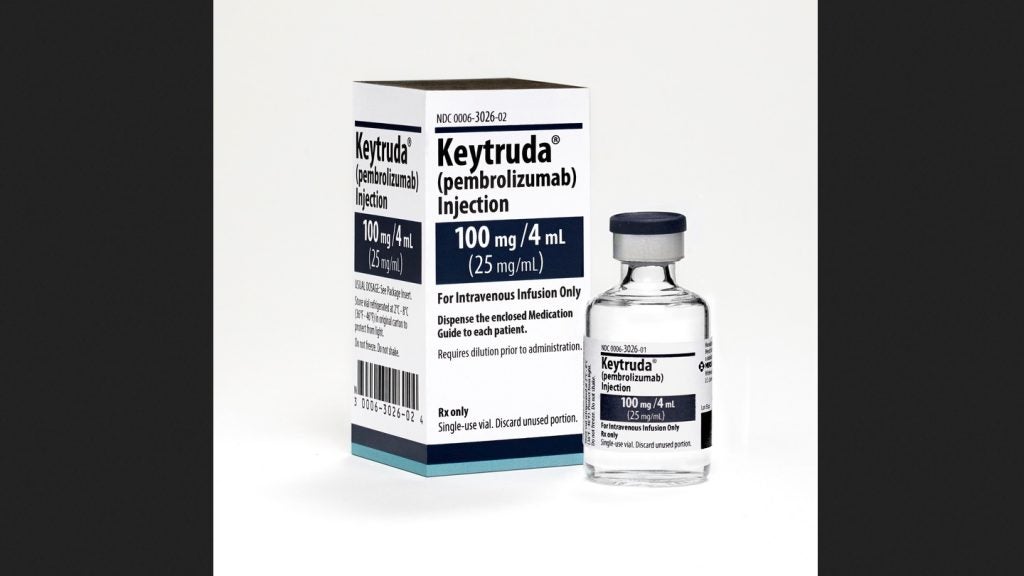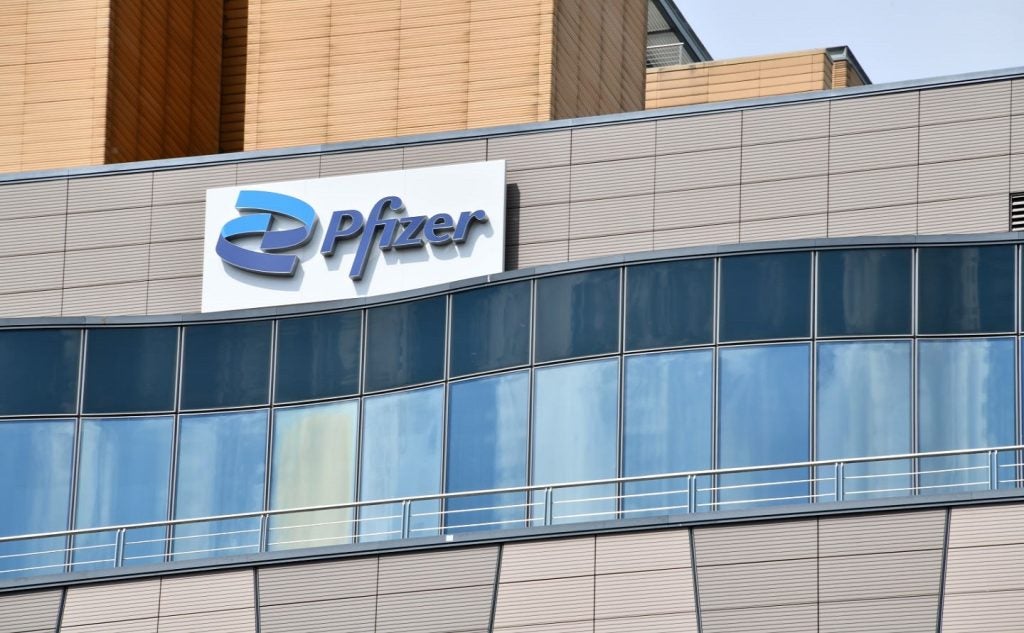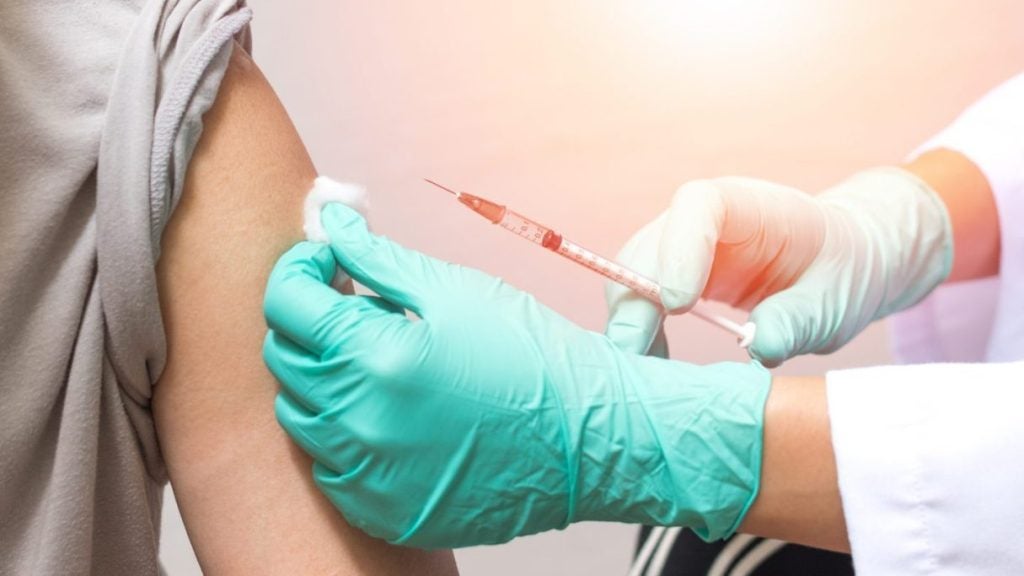PepGen has received an all-clear from the US Food and Drug Administration (FDA) to begin the FREEDOM-DM1 Phase I clinical trial of its myotonic dystrophy type 1 therapy in the US.
In May, the US FDA placed a clinical hold on the trial for PGN-EDODM1. The reasons for the clinical hold were never made public.
However, PepGen’s CEO, James McArthur, eluded that it may be due to safety issues, as per the press release statement: “... after review of our existing safety data that the FDA agreed with our proposed starting dose of 5mg/kg, moving up to 10mg/kg and 20mg/kg.”
Myotonic dystrophy type 1 is a rare genetic multi-system disorder that affects the skeletal and smooth muscles. It is caused by repeat expansions of CTG trinucleotides in the non-coding region of the Myotonic dystrophy protein kinase (DMPK) gene.
PGN-EDODM1 is a peptide-conjugated antisense oligonucleotide (ASO), which blocks the toxic repeats to restore cellular function. It was developed using PepGen’s Enhanced Delivery Oligonucleotide (EDO) platform.
The placebo-controlled, single ascending dose FREEDOM-DM1 study will evaluate the safety and efficacy of PGN-EDODM1 in correcting mis-splicing of transcripts and clinical functional outcome measures.
The trial has sites across the US and Canada, with the Canadian sites having started enrolment in September.
The study will advance to the next dose depending on the safety data from the three proposed cohorts. PepGen expects the proof-of-concept and safety data from the 5mg/kg cohort in mid-2024.
Other pipeline drugs for the treatment of myotonic dystrophy type 1 include Avidity Biosciences’ AOC 1001, which reported positive top-line Phase I/II data in April.
The US-based company also reported that its cash runway is expected to last into 2025. PepGen’s market cap stands at $134.3m.
Another lead candidate in PepGen’s pipeline includes PGN-EDO51 for the treatment of Duchenne muscular dystrophy (DMD). The drug restores function by skipping exon 51 of the dystrophin transcript. PGN-ENDO51 is currently in Phase II clinical trials.


